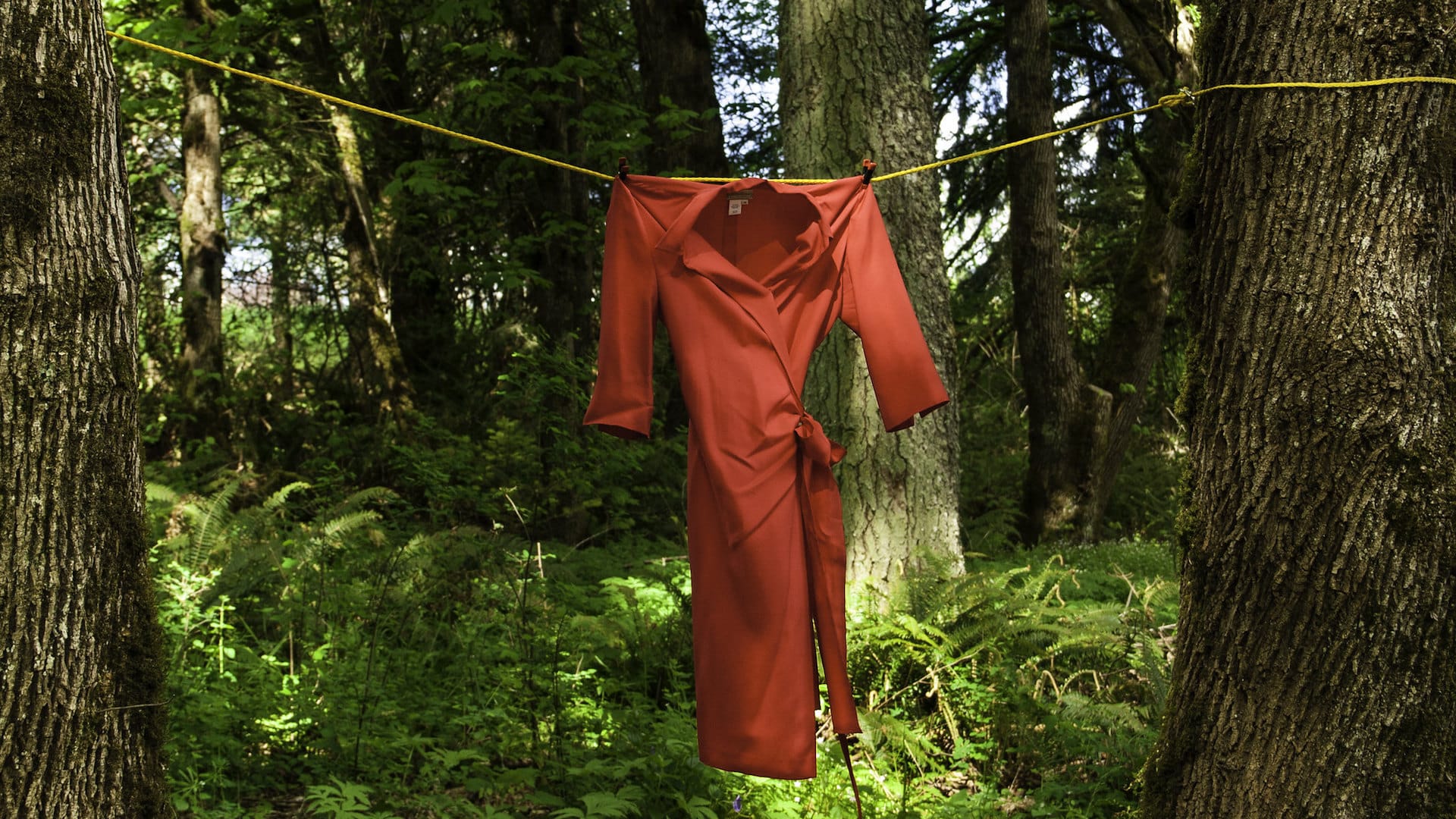Here are my initial comments on the findings of the Missing and Murdered Indigenous Women and Girls Inquiry. I have not yet had the opportunity to read the full report and will be taking time in the next few days to look at it in more detail. However, here is the statement I made as the spokesperson on behalf of the B.C. Green Caucus.
The Reclaiming Power and Place report says the thousands of Indigenous women and girls who were murdered or disappeared across the country in recent decades are victims of a “Canadian genocide” characterized by the disproportionate level of violence these communities face within Canada through “state actions and inactions rooted in colonialism and colonial ideologies.”
We are being challenged today to take a deep long look at ourselves, our history and our modern society. There may be a desire to downplay the result of this inquiry because it is difficult to hear these words. The term genocide has been reserved for other people, in far away countries at another time. As elected officials we now face the strongest test of our leadership.
How will we respond? Do we downplay it and state the language was too strong? Or do we embrace this time as an opportunity to make the changes in our policy and ensure we bring light to this dark part of the culture that has allowed and continues to enable this to define who we are as a country.
We have normalized these inequalities in Canadian society. Let the conclusion of this inquiry serve as a wake up call to the atrocities our society has allowed to be inflicted on Indigenous women, girls, and two-spirited people.
In response to the results of this inquiry I am wary of colonial language that references developing a ‘path forward’ or ‘next steps.’ Federal and provincial governments must immediately prioritize the inquiry’s recommendations. People should not be asked for patience for their equality, safety, and survival.
Not only have these women, girls, two spirit people, and their families suffered greatly, they’ve bravely shared their testimony so that we can better understand what is happening and how to stop it. From this point forward, every day we fail to heed their teachings we are complicit.
To every young Indigenous person in Canada feeling scared today as they read the results of this inquiry, I am sorry. I see you. I stand with you. And I and my B.C. Green colleagues will fight for your future.
“Red Dress” by “Sheila Sund” used under license “CC by 2.0“


Adam. Great response
Though I think the words “Institutionalized Racism” might have been a more pointed and less controversial choice than Genocide (Cultural Genocide for sure) that is a bit of an American term, at least that is where I first heard it in Regards to Blacks. I’m fine with Genocide as word meanings change with the times and situations. I was also pleased that TRudeau made an effort to include LGBTQ and Two Spirited. Here’s hoping for real change.
Dan – I think this is much less about using words that are comfortable and much more about using the correct words even if they bring us discomfort. The reality is that there is an inherent dishonesty in how Canadian history is taught and in order for us to move forward need to reconcile this. If you read the executive summary of the report you will see that they define genocide and then explain why they are explicit in their use of the word.
Yes, we must embrace this time to make changes.